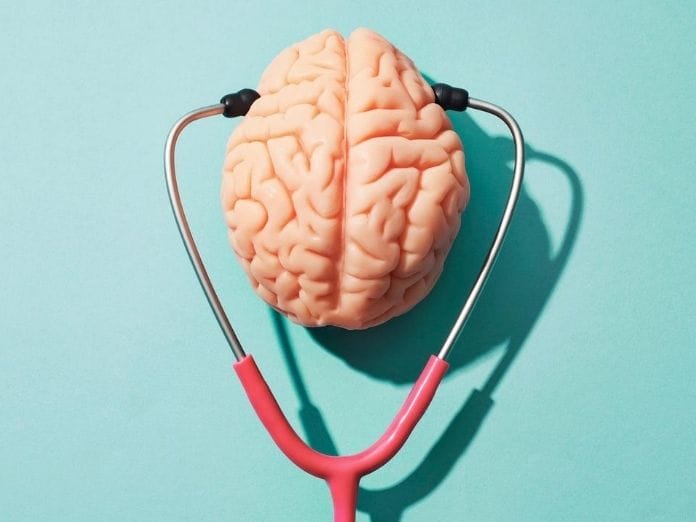When struggling to recover from an addiction, a relapse can feel like a devastating failure. However, relapse is widely regarded as a normal part of recovery. In fact, 40 to 60 percent of those treated for an addiction experience a relapse within one year, according to the National Institute on Drug Abuse. While a relapse may be discouraging, it doesn’t mean that you’ve failed. However, in order to recover, it is important to do your best to avoid relapsing in the future. To do so, take a look at these common relapse triggers for addicts and how to manage them.
Loneliness and isolation
Addiction is inherently isolating, which is a large factor in what makes addiction so hard to combat. Often, those who struggle with addiction end up severing ties with those closest to them, as harmful substances take control of their lives. As a result, feelings of loneliness often occur, which can trigger relapses in those trying to recover. Thus, a negative isolating loop is formed.
To help manage feelings of loneliness without relying on harmful substances and inevitably isolating yourself further, it is important to create a strong support system. If you don’t have a positive community of friends and family members, consider joining a support group or seeking out therapy. If you are unable to attend sessions in-person, there are also several online support groups and therapy options.
Stress
Another common relapse trigger for addicts is stress. In fact, stress is viewed as the primary cause of relapse in most addicts. As such, it is incredibly important to reduce stressors in one’s life as much as possible.
Unfortunately, reducing stress is far easier said than done. However, it isn’t impossible. To better manage your stress and overcome your addiction, consider talking to someone you trust about your anxieties and designating a portion of your day to something you enjoy. Other methods for managing stress may include meditating, exercising regularly, or expressing yourself in a journal or through art.
Celebratory occasions
Not all relapse triggers are negative. In some cases, celebratory occasions such as holidays, birthdays, or promotions can also increase one’s chances of experiencing a relapse. Such special occasions can seem like a welcome excuse to indulge in the substance of your addiction. That being said, just because you are in recovery, it doesn’t mean you can’t ever celebrate again.
When it comes to enjoying your life while also avoiding relapse, the most important factor is preparation. Before entering into a celebratory situation, speak with your therapist, and conduct a plan on how you will avoid temptation. Enlisting a buddy who is also attending the event to hold you accountable and help you avoid engaging in activities that will lead to relapse can also be beneficial.






